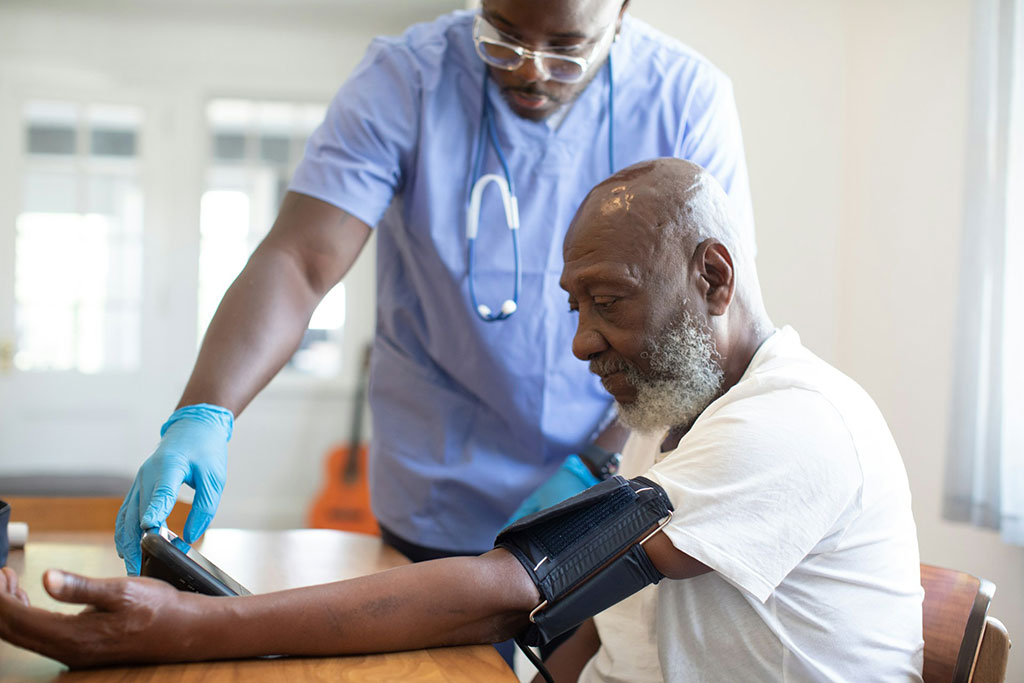Clinical research has long been at the core of medical progress, but in recent years, it has faced a growing challenge: declining public trust and participation. To address this, the National Institutes of Health (NIH) charged the Novel and Exceptional Technology and Research Advisory Committee (NExTRAC) with forming the Engaging the Public as Partners in Clinical Research (ENGAGE) Working Group. Their draft report, released in September 2025, lays out a vision for how clinical studies can more meaningfully involve communities, patients, and advocacy organizations in every stage of the research process.
The report emphasizes that clinical research engagement is not simply about recruitment—it is about co-design. When researchers collaborate with communities to shape study questions, methods, and dissemination strategies, they produce science that is more relevant, culturally appropriate, and actionable. Importantly, engagement also improves efficiency, boosting recruitment and retention rates while reducing costly delays. These benefits translate into stronger returns on research investments and, ultimately, faster delivery of health solutions.
What Public Input Revealed
The ENGAGE Working Group undertook an ambitious effort to gather feedback through written comments, a national listening session, and six in-person Community Conversations held across the United States. More than 150 individuals—many from communities historically underrepresented in research—participated. Their input shaped five key themes for improving engagement:
- Centering communities in the research process by aligning projects with local health priorities.
- Relying on trusted voices to build lasting partnerships and overcome skepticism.
- Implementing engagement with purpose, avoiding tokenism and ensuring results are returned in meaningful ways.
- Investing in sustainable capacity through training, infrastructure, and long-term partnerships.
- Ensuring fair compensation for community members contributing their time and expertise.
These themes were incorporated into a Framework for Clinical Research Engagement, which provides concrete action steps for every stage of the research lifecycle—from identifying community health needs to sharing findings back with participants and the public.
Implications for Health Security and the National Interest
Beyond its scientific merits, the ENGAGE framework addresses broader public health and national security concerns. Trust in biomedical research underpins the nation’s capacity to respond to crises such as pandemics, emerging biotechnologies, and public health emergencies. Without public buy-in, even the most advanced interventions may fail to reach the people who need them most. By embedding community voices into NIH-funded research, the framework helps safeguard both health equity and national resilience.
Recommendations for NIH
The report outlines four bold recommendations to standardize engagement across all NIH Institutes and Centers:
- Make engagement a core expectation of NIH-funded clinical research.
- Provide training and infrastructure to support researchers and community partners.
- Ensure equitable compensation and recognition for public partners.
- Monitor and evaluate engagement efforts to promote accountability.
If adopted, these measures would represent a paradigm shift in how biomedical research is conducted and governed in the United States.
Next Steps: A Public Discussion
On September 29, 2025, from 1:00–3:00 PM ET, NIH will host a virtual meeting of the NExTRAC to discuss the ENGAGE Working Group’s draft report. The session will be open to the public, with materials and webcast details available on the NIH Office of Science Policy website.


